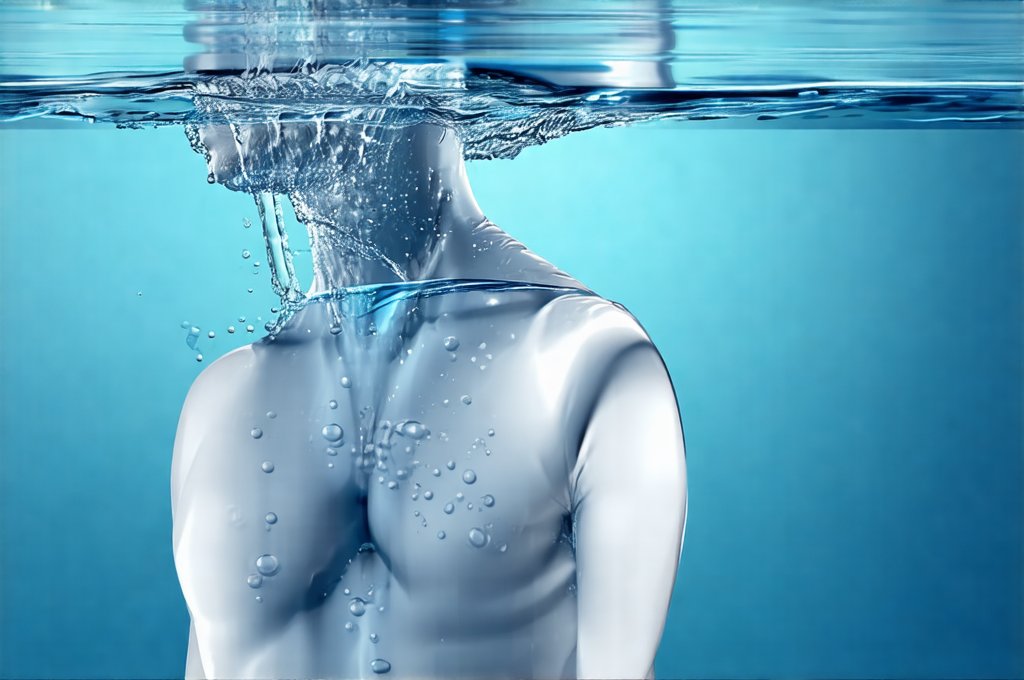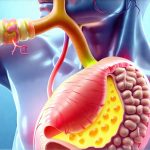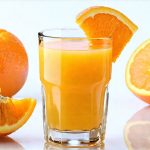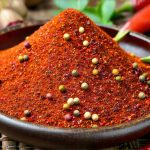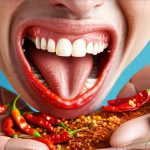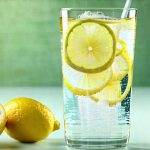Reflux, commonly experienced as heartburn, is often associated with spicy foods, fatty meals, or caffeine. However, a surprising number of individuals report experiencing reflux specifically from water—a seemingly innocuous substance. This can be incredibly confusing and frustrating; after all, water shouldn’t cause stomach acid to rise up the esophagus, should it? The reality is that the mechanics behind water-induced reflux are complex and often interwoven with individual physiological factors, existing digestive conditions, and even lifestyle choices. It’s not about water being inherently acidic (it isn’t!), but rather how it interacts with a vulnerable or already compromised digestive system.
The experience can range from mild discomfort to debilitating pain, significantly impacting quality of life. Understanding why this happens requires delving into the intricacies of esophageal function, lower esophageal sphincter (LES) behavior, and individual sensitivities. Many people assume something is wrong with their water intake, or even that they’re simply “sensitive,” but often the issue lies deeper within how the body manages the entire digestive process. This article will explore the various reasons why some individuals experience reflux from drinking water, and what steps can be taken to mitigate it—not as a cure-all, but as informed strategies for managing this peculiar phenomenon.
The Role of Lower Esophageal Sphincter Dysfunction
The lower esophageal sphincter (LES) is a muscular ring located where the esophagus meets the stomach. Its primary function is to remain tightly closed after food passes through, preventing stomach acid from flowing back up into the esophagus. When the LES weakens or relaxes inappropriately, it allows for reflux – and this applies even when the ‘food’ is just water. Several factors can contribute to LES dysfunction, making some people more prone to water-induced reflux. One common cause is hiatal hernia, where a portion of the stomach protrudes through the diaphragm, weakening the LES and increasing the likelihood of acid exposure. However, it’s important to note that many individuals with hiatal hernias do not experience reflux, highlighting the complexity of this issue.
Beyond anatomical factors, lifestyle choices can also play a significant role. Obesity, smoking, and certain medications (like calcium channel blockers or nitrates) are known to weaken the LES. Even dietary habits – such as frequent consumption of large meals – can put excessive pressure on the LES, leading to temporary dysfunction. When water is consumed, especially in larger quantities or quickly, it can add to this pressure, triggering a reflux episode in someone with an already compromised sphincter. This isn’t necessarily about the volume of water itself being problematic; it’s about how that volume interacts with a system already struggling to maintain closure at the LES.
Finally, some individuals simply have inherently weaker LES muscles than others. This can be due to genetic predisposition or differences in muscle tone. For these people, even small amounts of fluid may be enough to trigger reflux symptoms because their baseline sphincter function is less robust. It’s crucial to recognize that this isn’t a sign of illness but rather a physiological difference requiring tailored management strategies.
Other Contributing Factors & Digestive Processes
While LES dysfunction is often the primary culprit, it’s rarely the whole story. Several other factors can contribute to water-induced reflux. Gastric emptying – the rate at which food (and liquids) leave the stomach – plays a crucial role. If the stomach empties too slowly, it increases pressure within the abdomen and puts more strain on the LES. Conditions like gastroparesis (delayed gastric emptying) or even simple indigestion can contribute to this issue. Water, being readily consumed, doesn’t necessarily cause slow gastric emptying, but it can exacerbate symptoms in someone already predisposed to it.
Another factor is visceral hypersensitivity – an increased sensitivity to normal digestive processes. Individuals with visceral hypersensitivity perceive sensations within the gut more intensely than others. This means that even a small amount of reflux, which wouldn’t bother most people, can cause significant discomfort and pain for those with this condition. The sensation might be interpreted as intense heartburn or even chest pain, leading to anxiety and further exacerbating symptoms. It’s important to distinguish between actual acid damage and the perception of it.
Furthermore, the presence of other digestive conditions – such as IBS or functional dyspepsia – can increase the likelihood of experiencing reflux from water. These conditions often involve altered gut motility and increased sensitivity, making individuals more vulnerable to digestive discomfort. The interplay between these various factors is what makes water-induced reflux so challenging to diagnose and manage effectively. Understanding potential stomach condition triggers can also be helpful.
Identifying Potential Triggers & Patterns
Pinpointing the specific triggers for water-induced reflux can be a process of elimination. Keeping a detailed food diary – including the amount, temperature, and timing of water consumption – can help identify patterns. Consider these questions:
- Is the reflux worse with cold water versus room temperature? Some individuals find that colder fluids trigger more symptoms due to their impact on esophageal sensitivity.
- Does the volume of water matter? Do small sips cause fewer issues than large gulps? Experimenting with different consumption methods can be revealing.
- What is the timing relative to meals? Does drinking water during or immediately after a meal exacerbate symptoms? Allowing time for initial digestion might help.
- Are there other activities that seem to coincide with reflux episodes (e.g., lying down, bending over)? This could indicate a gravity-related component.
Beyond tracking water intake, pay attention to other potential contributing factors: stress levels, sleep quality, and any medications you’re taking. It’s also helpful to note if symptoms are consistent or intermittent, as this can provide clues about the underlying cause. Remember that self-diagnosis is not recommended; a healthcare professional should be consulted for accurate assessment and guidance. If you have had surgery recently, these issues can be even more complex.
Dietary & Lifestyle Adjustments
While there isn’t a one-size-fits-all solution, several dietary and lifestyle adjustments can help manage water-induced reflux:
- Sip Water Instead of Gulping: This reduces pressure on the LES and allows for more gradual hydration.
- Avoid Drinking Large Amounts with Meals: Give your stomach time to digest before adding more fluids.
- Elevate the Head of Your Bed: Raising the head of your bed by 6-8 inches can help prevent acid from flowing back up into the esophagus while you sleep. Use blocks or a wedge pillow – don’t just pile up pillows, as this can be uncomfortable and ineffective.
- Limit Trigger Foods: While water itself isn’t the issue, coexisting sensitivities to other foods can exacerbate reflux symptoms. Identify and reduce intake of common triggers like caffeine, alcohol, chocolate, fatty foods, and spicy foods.
- Manage Stress: Chronic stress can worsen digestive issues. Practice relaxation techniques such as deep breathing exercises or meditation.
These adjustments may not eliminate reflux entirely but can significantly reduce its frequency and severity. It’s about finding what works best for you through experimentation and mindful observation. For some, understanding why some foods cause brain fog can also help in managing overall digestive health.
When to Seek Professional Help
It’s crucial to consult a healthcare professional if water-induced reflux is persistent, severe, or accompanied by other concerning symptoms. These include:
- Difficulty swallowing (dysphagia)
- Chest pain
- Unintentional weight loss
- Persistent vomiting
- Black, tarry stools
These symptoms could indicate a more serious underlying condition requiring medical intervention. A doctor can perform diagnostic tests – such as endoscopy or esophageal manometry – to assess the function of your LES and identify any structural abnormalities. They can also rule out other potential causes of reflux and recommend appropriate treatment options, which may include medications (like proton pump inhibitors) or lifestyle modifications tailored to your specific needs. Don’t hesitate to seek medical attention if you’re concerned about your symptoms. Remember that effective management often requires a collaborative approach between you and your healthcare provider. Conditions like duodenal ulcer or even ulcerative colitis can sometimes present with similar symptoms, emphasizing the need for professional diagnosis. And if you react to certain foods like bananas, it’s important to investigate underlying sensitivities.

